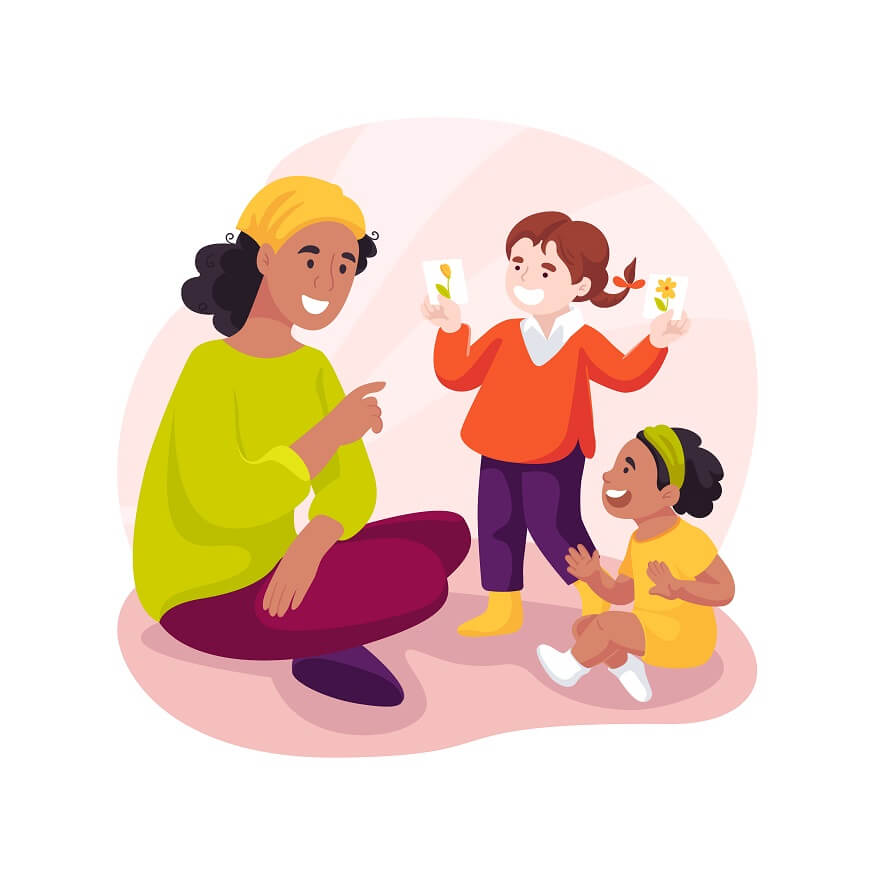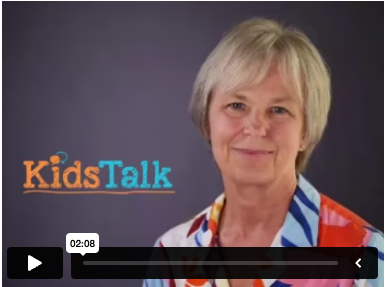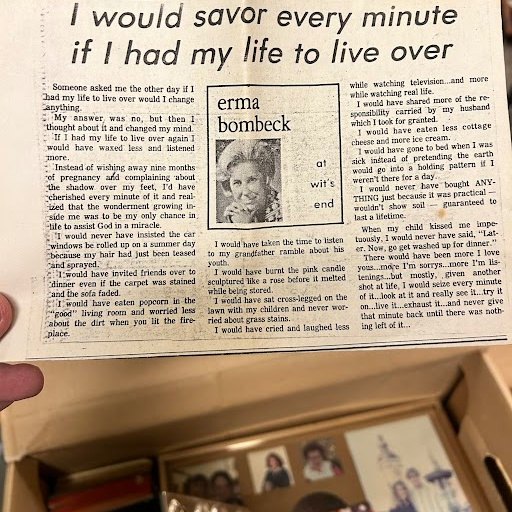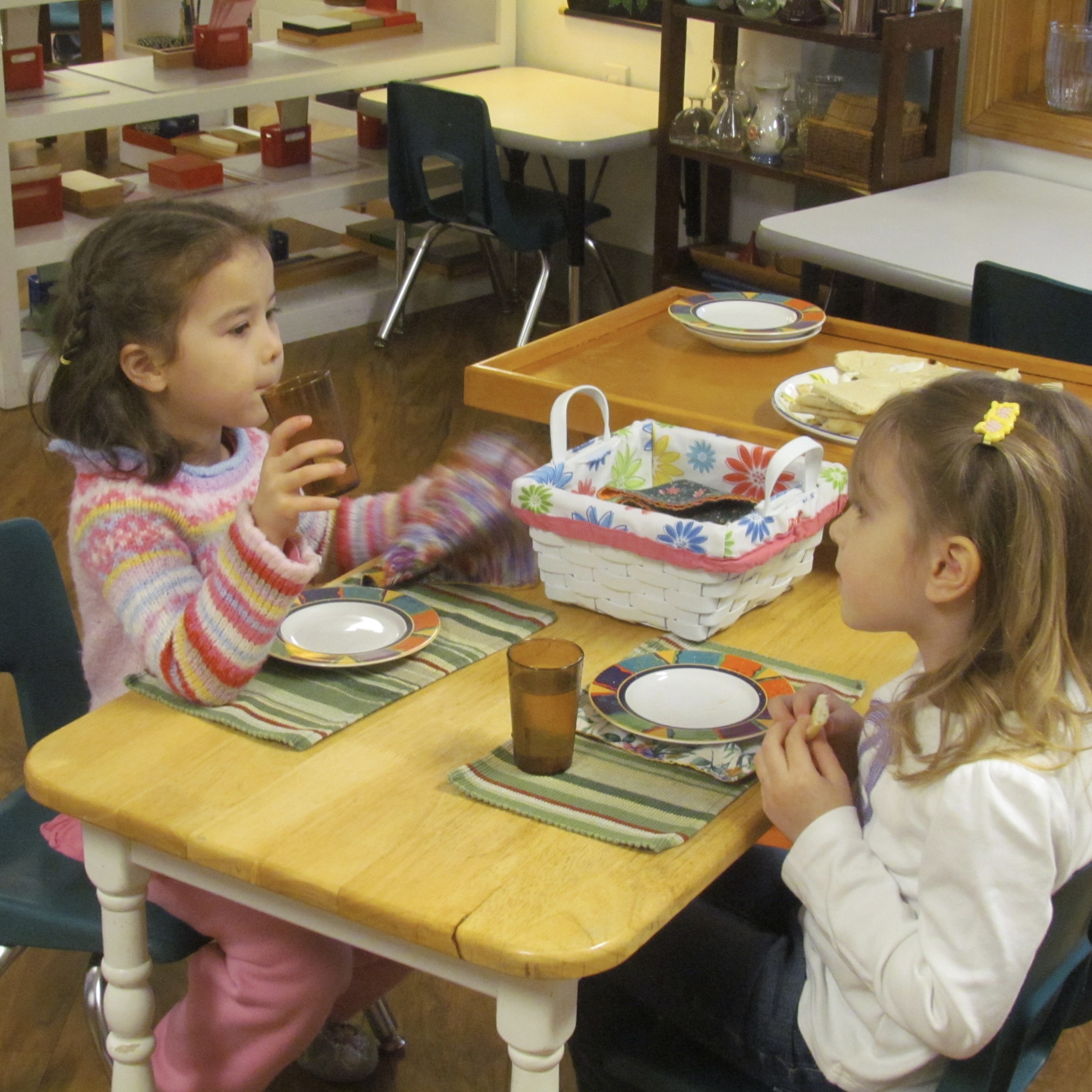By Scott Dannemiller
“It’s like she’s not even practicing.”
Audrey’s piano teacher was standing in front of me, giving her honest assessment. Her eyes were kind, and her voice soft, but my parental guilt turned her statement into a question. One I couldn’t answer. So I just faked a diarrhea attack and ran to the restroom.
Once we got home, I was determined to show Miss Amanda that my daughter could be the next Liberace, only more bedazzled than the original. So we opened her music book and got to work. We sat side-by-side at the piano for all of 10 minutes when Audrey began to fade. She wasn’t even looking at the notes. Her back slouched. Her fingers barely pressed the keys. I tried to be encouraging, but every halfhearted effort from her quickly depleted my well of schmoopieness.
“Sweetheart,” I said, in a tone that didn’t match the pet name. “Don’t you want to be good at this?” She didn’t say anything. She just made a weird sound. Like a dolphin moaning. So I asked again. “Honey. Don’t you want to be good at piano?” “No.” She answered, with a look.
Has my 6-year-old mastered the art of spitefulness?
“Fine,” I said, calling her bluff. “I guess we just won’t practice anymore. And we’ll keep wasting Miss Amanda’s time going over the same things every week.” I got up and walked to the kitchen where my son was busy not doing his homework. “Jake! What are you doing?! Finish your homework! We have to leave for basketball practice in 10 minutes! Let’s go! You’re not even dressed!” Not my best parenting moment.
The entire evening went on like this, with me incessantly jabbing at the kids and them fighting me every step of the way. Piano. Basketball. Homework. Hygiene. Lather, rinse, repeat. A never-ending well of cajoling. I thought to myself, They are both getting saddles for Christmas. That way, at least I’ll be comfortable when I’m riding their asses all the time.
I am not proud of it, but the simple truth is that I worry about my kids and their level of engagement. And maybe you do, too. As a dad, I frequently feel myself getting sucked into the vortex of expectations. All the other parents are talking about great opportunities they are providing for their kids. Special summer camps. Foreign language learning. Private tutors. Music lessons. Coaching clinics. And when I hear how other kids are participating in these activities, I can’t help but feel that my children will be left behind or left out if they don’t take part. I “awfulize” a future where other kids are having fun together, solving quadratic equations and getting six-figure jobs out of junior high while mine are both sitting in the corner eating Elmer’s Glue straight from the bottle. And it’s all my fault.
So, in an effort to prepare our kids for the dog-eat-dog, competitive world before them, we fill their days with activity. Schedule them from dawn to dusk to maximize their potential. So they can learn. And grow.
But I fear that in our quest to help them, we may actually be hurting them. “Free time” for kids has been steadily declining since the 1950s. In one particular study, from 1981 to 1997, kids experienced a 25 percent decrease in play time and a 55 percent decrease in time talking with others at home. In contrast, time spent on homework increased by 145 percent, and time spent shopping with parents increased by 168 percent.
But is that bad? I think it is. A research project by Jean Twenge, professor of psychology at San Diego State, looked at psychological trends in youth during a similar period and noticed a sharp increase in anxiety and depression. Our kids are more stressed out than before. And that’s not the only change. Another Twenge study shows a surprising shift in motivation over the years, with kids in the 60s and 70s reporting being more motivated by intrinsic ideals (self-acceptance, affiliation and community) while kids today are more motivated by extrinsic ideals (money, image and fame). And we’re the ones pushing them in that direction.
As parents, we focus 100 percent of our energy asking the wrong question: “What might we miss if we don’t take advantage of these opportunities?”
And we need to stop. Why? Because the motivation behind this question is fear. And the fear is all mine. I worry that my kids will be made fun of if they don’t have socially acceptable “stuff.” I worry they won’t become elite athletes unless they specialize in a sport by age 10. I worry that they won’t get into college if they don’t do well in school.
But the fears are largely unfounded. The “stuff” issue is easily overcome with common sense. No one in the history of the world has ever been able to buy a true friend. And in the athletic realm, kids who specialize in sports are no better off than those who don’t, and in some cases, the specialization is actually a detriment. As for the academic worry, that may be the biggest unfounded fear of all. We buy into the hype that college is much more competitive today, so we push our kids to take advantage of every learning opportunity under the sun.
The truth is, in the past 10 years, admissions counselors saw their average number of applications nearly double because of parents like us. We’re frantically submitting applications out of fear. Even so, colleges are still accepting two-thirds of all applicants on average. A number that has hardly decreased in a decade. But we still believe the hype. Bottom line: we parents need to chill out and change our questions.
Here are two that can help us all gain some perspective and start finding more genuine joy in our lives.
Question #1: “What are we losing in our quest for success?”
If you are like me, most valuable parts of your childhood did not take place in a special classroom or perfect practice field. Sure, you had teachers and parents to encourage you to do your best and work toward a goal, but that was balanced by plenty of other worthwhile pursuits such as tearing apart a Stretch Armstrong doll to see what was inside, building bike ramps in the driveway, and racing leaf boats through a drainage ditch in a rainstorm.
But we’ve sacrificed these things in pursuit of an ideal, and we’ve turned our children into little mini-adults in the process. Tiny professionals who have no time for brain-building, soul-boosting play during the week, so they desperately cram it into a weekend schedule packed with structured sports and recitals. It’s sad. But the bigger issue is this:
Question #2: “What’s the ultimate goal?”
Encouraging a child’s potential is a good thing. And there is nothing wrong with extracurricular activities. They teach worthwhile skills and instill core values in a child. Values such as discipline, commitment, goal-setting, and persistence. And providing these opportunities is my job as a parent.
But there is a big difference between wanting what’s best for your kids, and wanting them to be the best.
Wanting what’s best for your kids is all about the child. It’s about helping them find something they are passionate about so they are intrinsically driven to reveal the strengths that God gave them, whether in art, music, sports, writing, academics, or community service.
Wanting them to be the best is all about me. My expectations. My fears. So I yell at them from the stands, correct them after lessons, and coax them into activities that suck the fun out of childhood. And in the process, I teach them that their worth is wrapped up in how they perform. I teach them that second place is losing. I teach them that judgment is more important than love and acceptance.
And it is so wrong. Because being the best should NOT be the goal. If I asked you to name the last five winners of the Academy Award for best actor, could you do it? How about the last five World Series winning pitchers? Last five Nobel Prize winners in medicine? I’d venture to guess, based on absolutely no scientific evidence, that only 10 percent of you could do it. At the most. And these are examples of people who have achieved the pinnacle of their profession. Known the world over. And we forget them.
But what if I were to ask you to list the five people who have meant the most to you in your life? The ones who taught you what it means to be a true friend. A person of integrity. I know without a doubt that 100 percent of us could do it in a heartbeat. And the list would be filled with people who never had a highway or high school named after them. People who never had their name carved on a ceremonial trophy.
But here’s the kicker. The mere thought of their faces likely makes your heart swell. Might even bring a tear to your eye. And this, my friends, is the goal. To be on the list for our kids. So that they might be on someone else’s list someday. And no amount of fear and anxious prodding will accomplish that for us. In this constantly correcting, constantly evaluating world, there has to be space for acceptance. Space for presence. Space where time isn’t measured in tenths of a second, but in turns taken on a colorful Candy Land board. And only love can do that.
So my prayer today is that we have nothing but love to give.
May we offer it daily.
Without condition.
Without worry.
Without regret.







